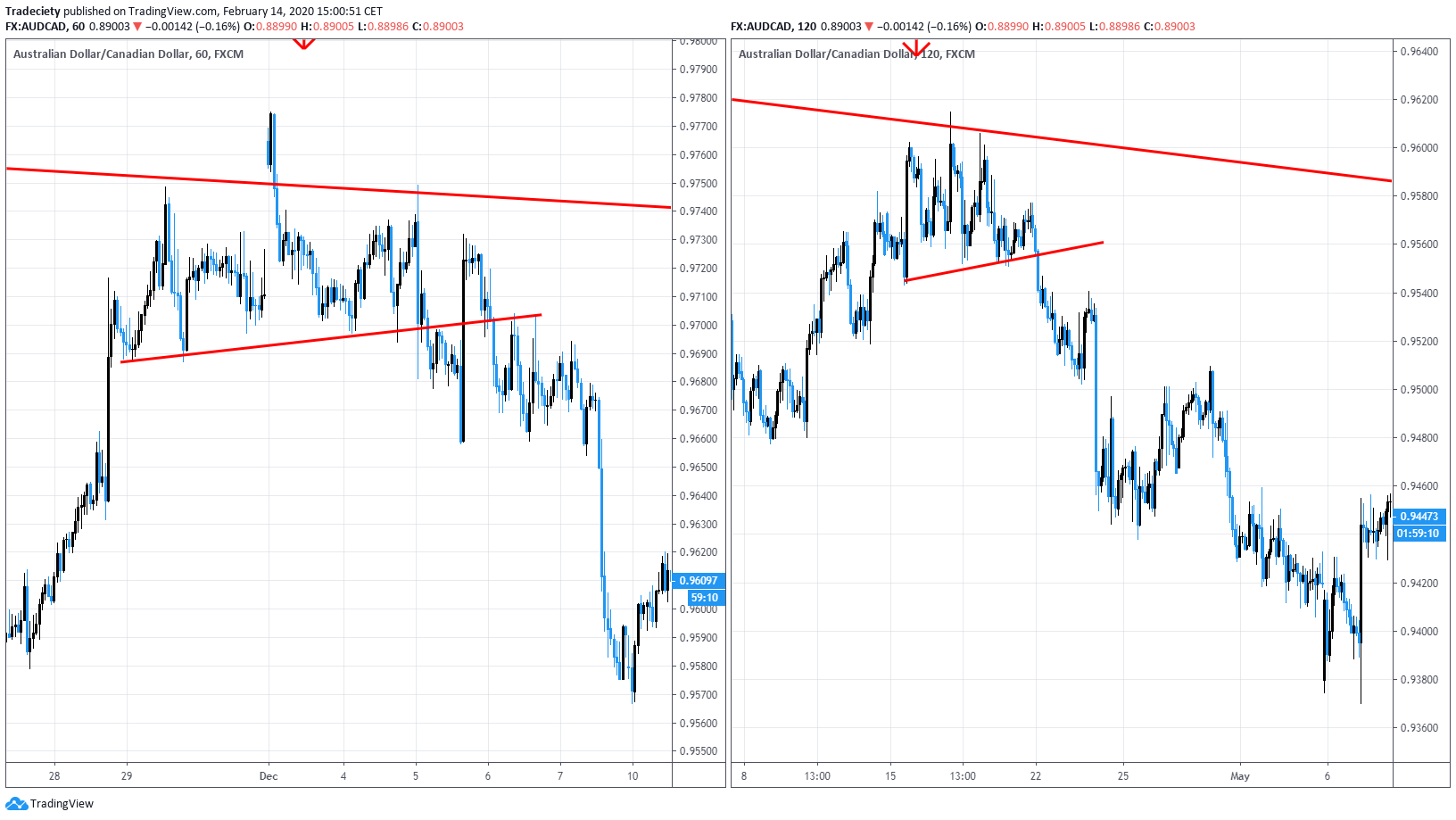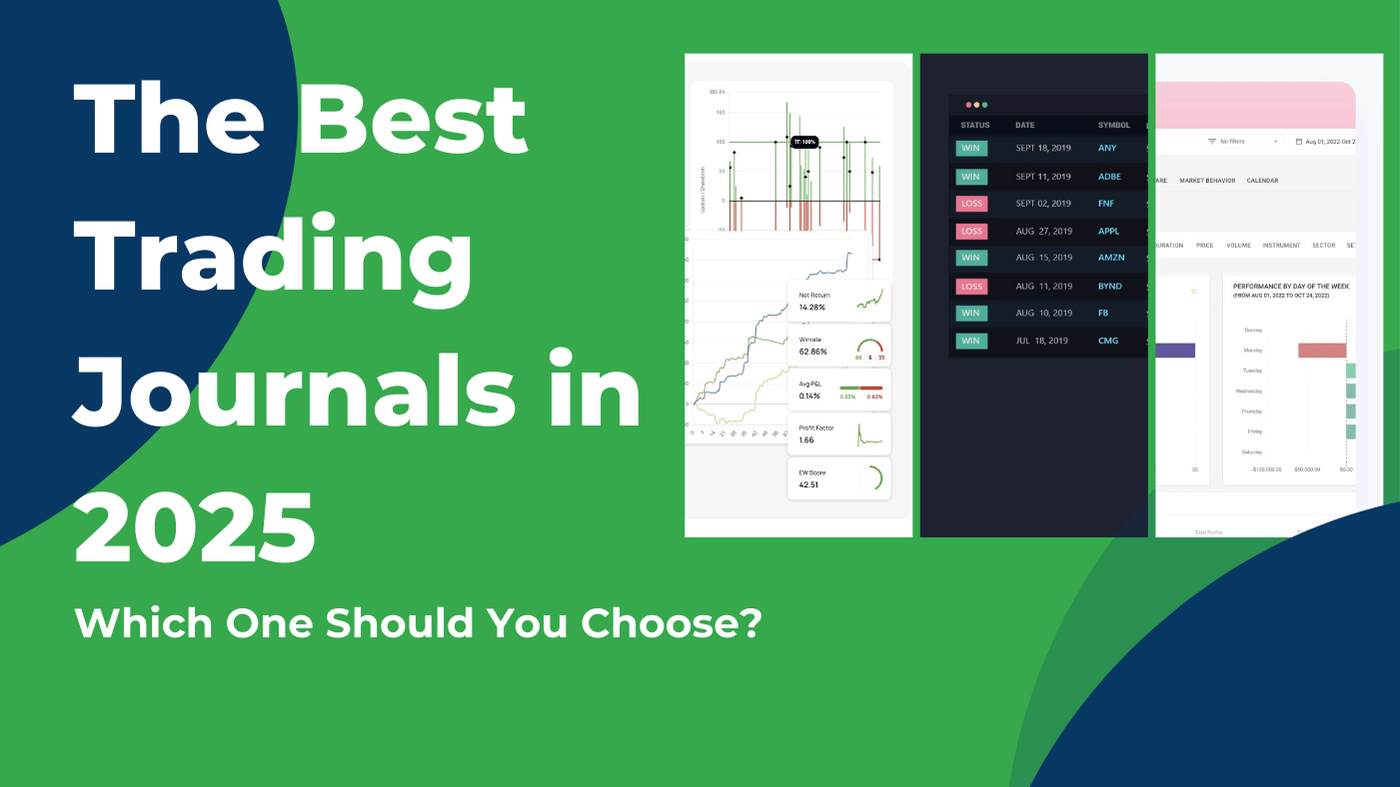3 min read
Scientist Discovered Why Most Traders Lose Money – 24 Surprising Statistics
“95% of all traders fail” is the most commonly used trading related statistic around the internet. But no research paper exists that proves this...

99% of traders fail, but I believe that if you get the 8 points from this article right, you have a very high chance of succeeding.
Not having a trading system or having an incomplete trading system are both cardinal sins in trading and a guarantee that you will never make money as a trader. You need to be crystal clear about EVERYTHING that you are doing in your trading.
A trading system is also more than just a way to define entries. A trading system defines the following areas of your trading:
This list goes on. But you need to have a very precise answer for each part of your trading. If you don’t, you will lack confidence and your trading will be very emotional and stressful.
Most traders either have very inconsistent risk management or no risk management at all.
Your positions should all be sized relatively equal to allow your account to growth as smooth as possible and to avoid big drawdowns.
Always use a position size calculator to determine position size the same way.
What does profitable trading mean to you? Have you ever really thought about it?
Do you need to make 100% a month or 1% a week to call yourself a profitable trader? Traders throw the term “consistently profitable trader” around all the time, but 90% have never taken the time to really think about what that actually means to them.
And if you have not defined your goal, how can you expect to reach it?
Furthermore, profitable trading becomes quite simple if you have managed your expectations and get rid of the idea of doubling your account every few months. This brings us to the next 2 points.
You have the goal to become a long term profitable trader and have a trading career that lasts many decades? Then you need to start acting like it.
Forget about gambling your trading account. Forget about having 200% annual returns. Forget about buying a Ferrari within the next few years.
Once you get rid of those social-media-driven short-term goals, you can finally start trading the right way. You can then start focusing on the really important things, such as long-term development, working on your system and on yourself, not having to trade every day or every week. Trading success then suddenly becomes achievable.
“Most traders say that they want to trade for a living, but then actually trade like they have to retire tomorrow.”
Forget about trying to get rich with a $200 or $500 trading account. It has never worked and it will never happen.
But if you manage your expectations (4) and get into a long-term mindset (5), you have a real chance of making it in trading. Even if you do not have a lot of starting capital.
When you just have a few hundred Dollars in your trading account, your main focus should NOT be to make money right away. You need to establish a long-term track record and put yourself in a position where you can only win.
Although we are (currently) not affiliated with Darwinex, sites like that fill a real need. There are quite a few traders on there who do not have a lot of capital themselves, but they have built a 2 or 3-year track record with a modest 20% or 30% annual return and then attracted Millions of allocated funds and earn a commission with their trading.
How realistic is it for you to make 1% or 1.5% per month? Could you do it? Probably much more comfortable than trying to make 100% every few weeks. And then suddenly, profitable trading and making money does not sound like a crazy plan anymore.
Do you remember your last 10 or 20 trades? If you are like me, then you probably don’t.
But how can you then expect to become a better trader? If you have no way of learning from mistakes, you will never become better and you are doomed to keep repeating the same mistakes forever.
Having a trading journal is a must for every trader. Without excuse. And it leads directly to point 8.
System-hopping is the end result of what happens when a trader does not follow the previous points.
When a trader chases the dream of making millions, doesn’t have a system, no feedback loop to improve and has a short-term mindset, he will always be on the hunt for the next “best” trading system. The trader hopes to stumble over a trading approach that will just make money right away, somehow. This is not how trading works.
And once you realize that you suffer from system-hopping, you need to step back and audit your approach. Analyze where you have to make adjustments and where you are falling short of the previously discussed points.

3 min read
“95% of all traders fail” is the most commonly used trading related statistic around the internet. But no research paper exists that proves this...

3 min read
Trendlines can be great trading tools if used correctly and in this post, I am going to share three powerful trendline strategies with you.

3 min read
Choosing the right trading journal is essential for traders wanting to analyze performance, refine strategies, and improve consistency. In this...